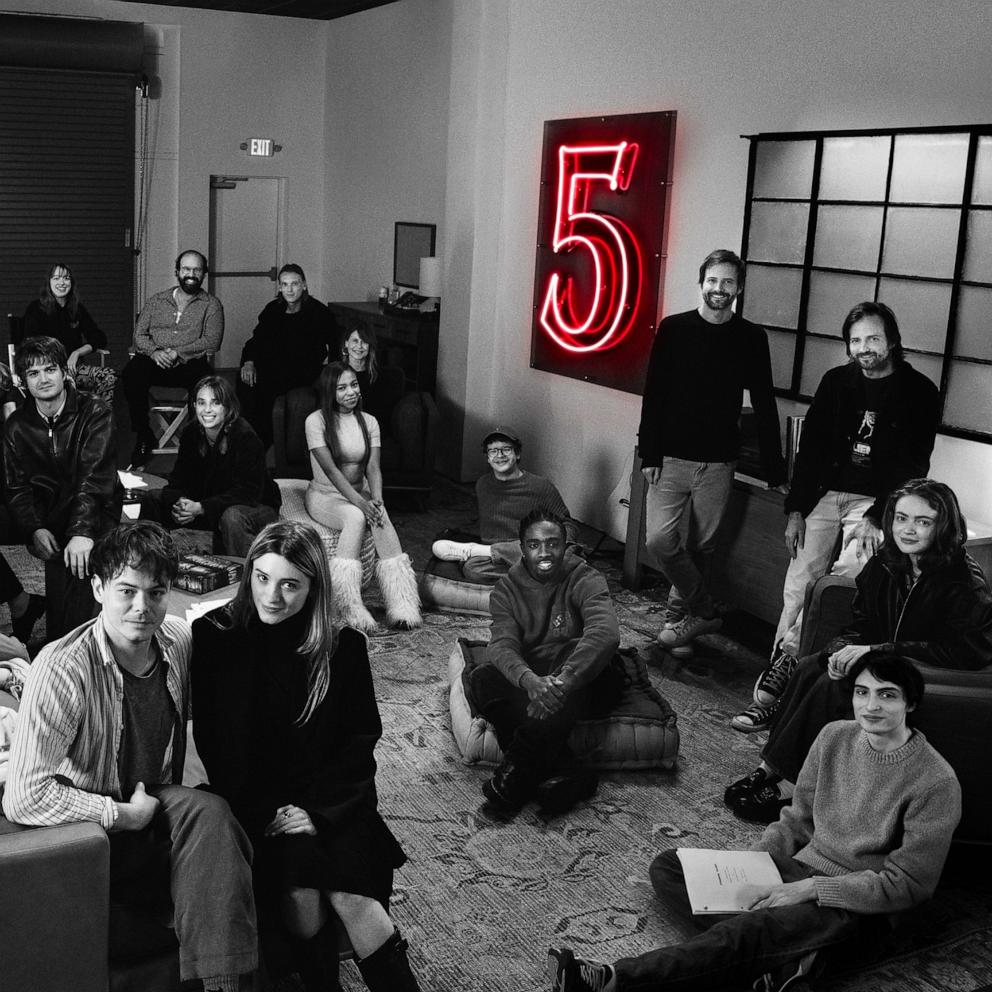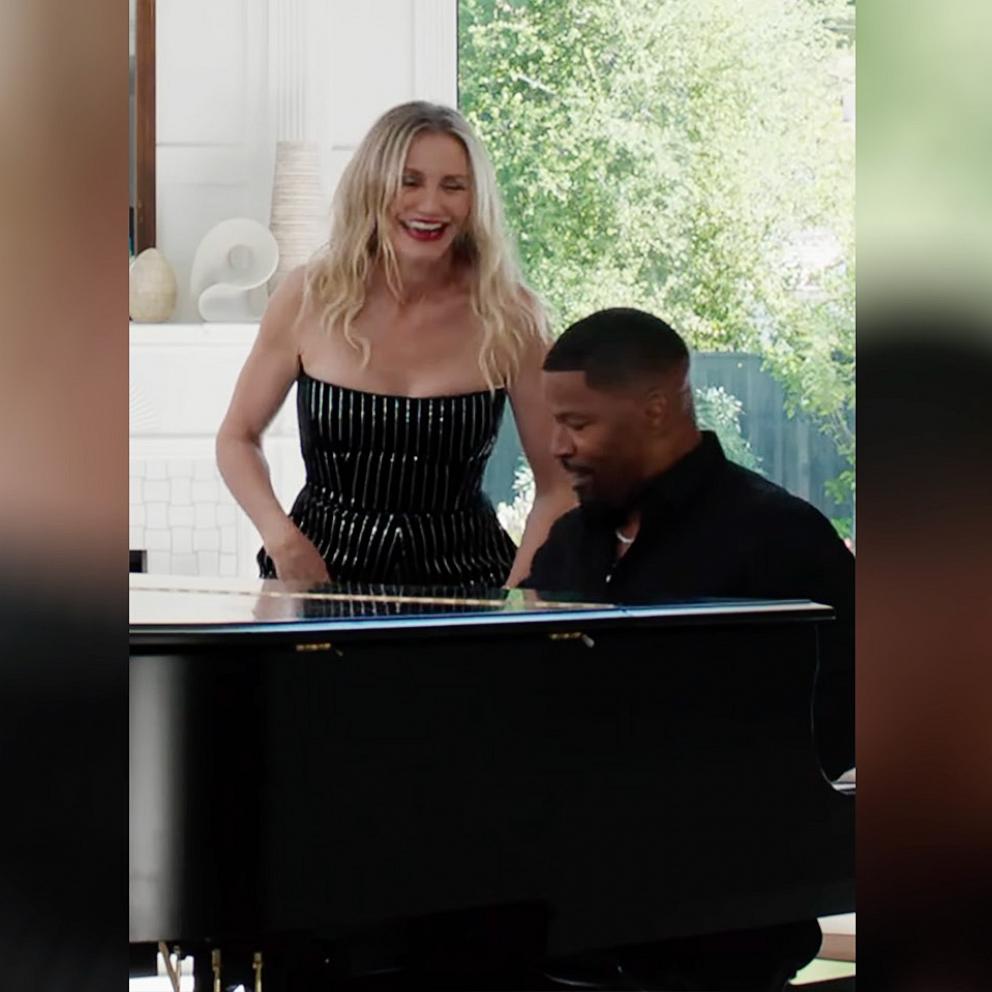Hollywood writers ratify 2023 tentative agreement with AMPTP
Hollywood writers in the Writers Guild of America have ratified the 2023 tentative agreement with the Alliance of Motion Picture and Television Producers.
"Through solidarity and determination, we have ratified a contract with meaningful gains and protections for writers in every sector of our combined membership," Writers Guild of America West President Meredith Stiehm said in a statement.
"Together we were able to accomplish what many said was impossible only six months ago. We would not have been able to achieve this industry-changing contract without WGA Chief Negotiator Ellen Stutzman, Negotiating Committee co-chairs Chris Keyser and David A. Goodman, the entire WGA Negotiating Committee, strike captains, lot coordinators, and the staff that supported every part of the negotiation and strike," Stiehm continued.
The AMPTP also released a statement congratulating the membership on accepting the agreement.

"The AMPTP member companies congratulate the WGA on the ratification of its new contract, which represents meaningful gains and protections for writers. It is important progress for our industry that writers are back to work."
According to the WGAW and the Writers Guild of America East, "99% of WGA members voted to ratify the contract."
The exact breakdown of the votes were 8,435 "yes" votes and 90 "no" votes.
The agreement covers Sept. 25, 2023 through May 1, 2026.
In the organization’s statement Monday, the WGA encouraged the AMPTP to negotiate a deal with SAG-AFTRA, which represents actors.
"Now it’s time for the AMPTP to put the rest of the town back to work by negotiating a fair contract with our SAG-AFTRA siblings, who have supported writers throughout our negotiations," WGAE President Lisa Takeuchi Cullen said in a statement.
"Until the studios make a deal that addresses the needs of performers, WGA members will be on the picket lines, walking side-by-side with SAG-AFTRA in solidarity."
Hollywood writers began voting last Monday to ratify a tentative contract with the major TV and movie studios.
The agreement the week before ended a nearly 150-day strike after top union brass gave writers the go-ahead to return to work before finalizing the contract.
Late-night talk shows, such as ABC's "Jimmy Kimmel Live!" and NBC's "The Tonight Show Starring Jimmy Fallon," have already returned to the airwaves.
The tentative deal is set to shape employment in the industry on issues ranging from increases in pay to the use of artificial intelligence and the sharing of viewership data.
The negotiating committee for the writers' union lauded the tentative contract as "exceptional, promising, meaningful gains and protections for writers in every sector of the membership,” late last month.
The tentative agreement was confirmed in late September by The Alliance of Motion Picture and Television Producers, or AMPTP, the group negotiating on behalf of the studios. Disney, one of the studios represented by AMPTP, is the parent company of ABC News.
The contract dispute followed a decade-long shift to streaming that has dramatically changed the way audiences watch TV and movies.
In turn, writers sought not only pay increases for their immediate work but also alterations to residual payments, which is the compensation writers receive when their shows or movies are re-aired or gain popularity.
Under the tentative contract, minimum weekly pay for writers will increase more than 12% over the three-year duration of the deal, according to a summary of the tentative agreement made public by the WGA.
Moreover, various projects will see a major boost in residual payments. A feature-length project made for streaming with a significant budget will receive a 26% increase in the residual base made available to writers.
Alongside these pay increases comes a first-of-its-kind agreement forcing the studios to share the audience data for original streaming programs, which will allow the writers to understand how much their shows are being watched.
Because a non-disclosure agreement governs this stipulation, however, the data may not be made available to the public.
Another key focus for writers throughout negotiations centered on the potential use of artificial intelligence as a substitute for their work.
Under the terms of the tentative deal, AI cannot write or rewrite scripts, the WGA summary previously said. Meanwhile, a writer can choose to use AI if a studio approves of its use, but a writer cannot be required to do so.
The agreement does not prohibit studios from training AI on writers' work.
Since July, a union representing roughly 160,000 actors – SAG-AFTRA -- has been out on strike as they seek a new contract of their own, bringing Tinseltown to a halt.
The two professions had different demands in some key areas. The actors, for instance, have faced strong opposition from the studios over a demand that they receive 2% of the total revenue generated by streaming shows.
-ABC News' Jason Nathanson and Matthew Fuhrman contributed to this report.




